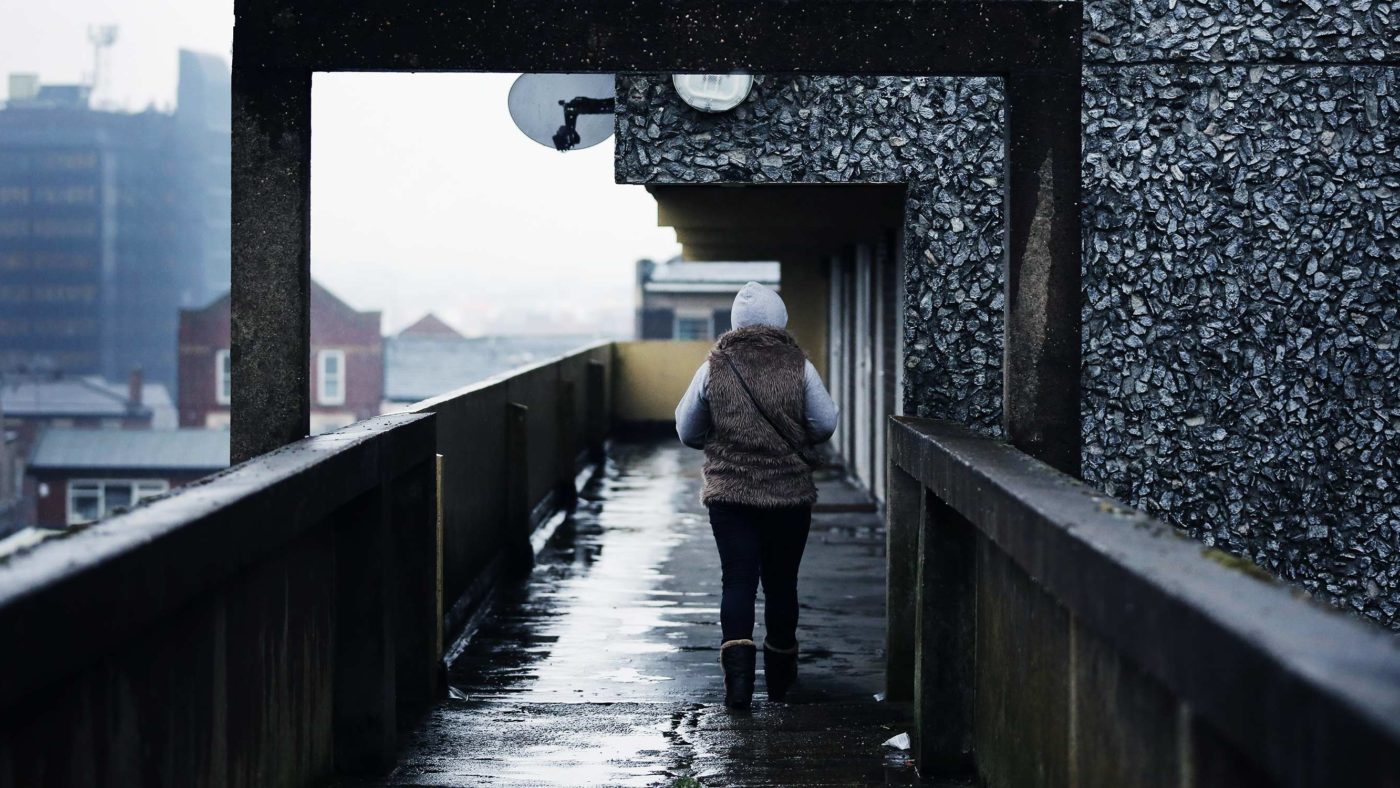One of the most enduring myths about Britain’s recent economic history is that the income gap between the rich and the poor has become increasingly cavernous. No matter how many times it is pointed out that income inequality has not risen in the UK over the last decade, politicians and commentators almost invariably get away with claiming otherwise.
But are the facts about to catch up with the scaremongering?
Data released by the Office for National Statistics this week shows that the average income of the poorest fifth of the population shrank by 1.6 per cent in 2017-18, while increasing for the richest fifth by 4.7 per cent. The Gini coefficient for disposable income – the main measure of income inequality – rose from 31.4 per cent to 32.5 per cent, the largest increase since 2013.
It’s important to put this in perspective. Britain is still more equal than it was just before the financial crisis – but some predict that the bad news from the ONS could be more than a blip. The annual Living Standards Outlook published by the Resolution Foundation (which is admittedly perennially glum) paints a bleak picture not just on inequality but on the more important question of absolute living standards in the coming years.
Chris Giles, the Financial Times’s Economics Editor, has for years fought a dogged campaign against misleading descriptions of inequality. He pointed out this week that predictions like Resolution’s have been proven to be excessively pessimistic over the last decade. Robust growth in employment has offset cuts in welfare (some might even suggest the two are related). The result is that inequality has held steady.
But Giles is gloomier now than he once was: “Employment rates cannot rise forever and weak productivity has suppressed income growth. For a decade it has been true to say income growth is terrible, but at least inequality is stable. Now the outlook for both is grim.”
If inequality continues to tick upwards, it isn’t hard to predict in which direction the fingers will be pointed. After all, as the ONS says, the financial pain felt by the poorest recently is “mainly driven by a fall in the average value of cash benefits their households receive”.
It’s worth remembering the other side of the story. It is that same poorest fifth who have seen the biggest increase in average income since 2008 (11.6 per cent).
And it’s also important not to lose sight of just how much the current tax and welfare system does to redress the balance via redistribution. The Gini figure before taxes and benefits are factored in is above 50 per cent, while for the typical family, the UK’s safety net provides a floor income of 60 per cent of median income, compared to the OECD average of 39 per cent.
More broadly, however, a focus on totting up the consequences of social security tweaks ignores the far bigger questions that will decide the economic fate of the rich and the poor, and everyone in between.
There is plenty of evidence, in particular, to suggest that technological change and globalisation mean more and more of the proceeds of growth are accruing to the more highly educated.
The genius of capitalism has been its ability to transform the capital of the rich into higher wages and better living standards for all. Historically, a rising tide really has lifted all boats. The less true that becomes, the less defensible the status quo. But most of the solutions that are being put forward would either hamper the operation of this engine of prosperity, or break it altogether.
If we are really worried about the gap between the haves and the have-nots, in other words, we need to think about education just as much as welfare – about how to produce more workers who can make the most of the opportunities presented by the modern economy, not just what to do for those who can’t.
CapX depends on the generosity of its readers. If you value what we do, please consider making a donation.


